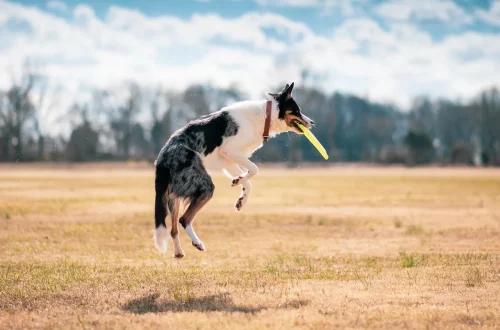-
The Risks and Rewards of Sexting on Snapchat: What You Should Know
Sexting, the act of sending sexually explicit messages or images, has gained traction in the digital age, particularly through platforms like Snapchat. This app, designed for temporary messaging, has become a favored medium for intimate exchanges, especially among younger demographics. The allure of Snapchat lies in its ephemeral nature, which can create a false sense of security, leading users to believe that their messages will disappear after a short time. However, this can also lead to significant risks that users may not fully comprehend. The phenomenon of sexting brings forth a complex interplay of emotions, desires, and potential consequences. While many engage in this practice as a form of exploration…
-
Exploring the Allure of Horny Snapchat Content and Its Impact on Users
The rise of social media has transformed the way people connect, share, and express themselves. Among these platforms, Snapchat stands out for its unique approach to content sharing, allowing users to send disappearing messages and images. As the app gained popularity, it became a breeding ground for various types of content, including more adult-oriented material. This shift has sparked a dialogue around the implications of such content on users’ mental health, perceptions of intimacy, and the overall social landscape. In a world where digital interactions often replace face-to-face communication, the allure of provocative Snapchat content offers both excitement and concern. Users are drawn to the thrill of ephemeral chats and…
-
The Impact of Unsolicited Pics on Digital Communication and Consent
Digital communication has transformed the way we connect with one another, offering unprecedented opportunities for interaction across geographic and cultural boundaries. However, this evolution has also introduced complex dynamics, particularly concerning consent and the boundaries of personal privacy. As online interactions become more commonplace, the implications of sharing intimate images without consent—often referred to as unsolicited pictures—have raised significant ethical and psychological questions. The phenomenon of unsolicited images is not just a fleeting issue; it reflects deeper societal attitudes toward consent, respect, and personal agency. While some may argue that such exchanges are harmless or simply part of modern flirtation, the reality is far more nuanced. The impact of unsolicited…
-
Exploring the Impact of Naked Young Selfies on Social Media Culture
In the age of digital communication, social media has become a pervasive force in our daily lives, shaping not only how we connect with others but also how we express ourselves. Among the myriad of trends that have emerged, the phenomenon of sharing intimate or “naked” selfies has sparked considerable debate. This trend, often viewed through the lens of personal empowerment or self-expression, raises important questions about the implications it has on the individuals involved and the broader social media landscape. The act of sharing such images can be seen as a double-edged sword. On one hand, it can promote body positivity and self-acceptance, allowing individuals to embrace their bodies…
-
Exploring the Fascination with Huge Penis Pictures and Their Impact
The allure surrounding large penis images is a phenomenon that has gained significant traction in various online communities and social media platforms. This fascination often stems from a combination of cultural, psychological, and social factors that intertwine to create an environment where such images are not just accepted but celebrated. It’s essential to understand why these images capture attention and how they influence perceptions of masculinity, sexual desirability, and even self-esteem. In today’s digital landscape, where visual content reigns supreme, large penis pictures can evoke a multitude of reactions—ranging from admiration and curiosity to envy and insecurity. The impact of these images can be profound, particularly in shaping societal norms…



















